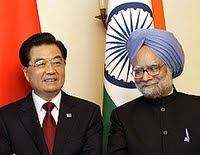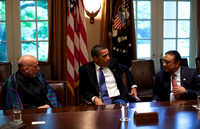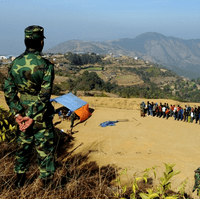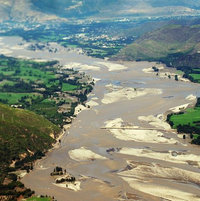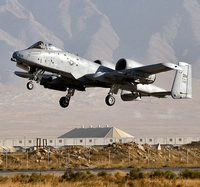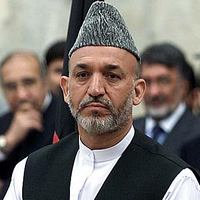
Afghan President Hamid Karzai’s two-day stay in Moscow on Jan. 20-21 marked his first official bilateral visit and the first state visit by an Afghan president to the Russian Federation since its founding after the Soviet Union’s disintegration in December 1991. The trip — during which Karzai met with President Dmitry Medvedev, Prime Minister Vladimir Putin, and other Russian political and economic leaders — provided an important opportunity to both confirm recent growth in formal ties between the two countries as well as impart additional momentum for further expanding the relationship. Karzai was accompanied by most of the Afghan cabinet, […]

